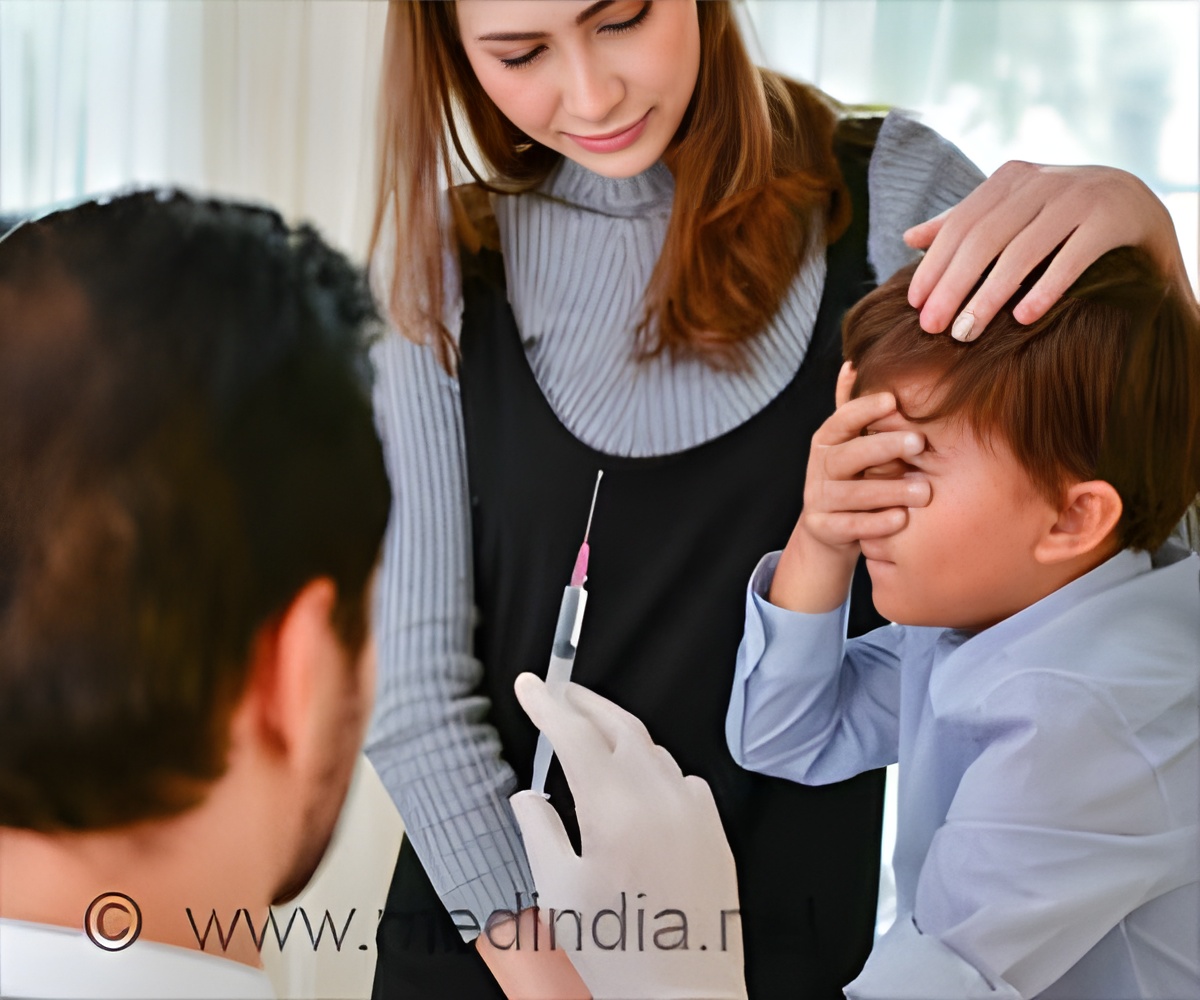Identifying youth depression is a challenge faced by parents which includes telling the difference between a teen's normal ups and downs and something bigger.

‘Some parents may be overestimating their ability to recognize depression in the mood and behavior of their own child.
’
Read More..




Forty percent of parents struggle to differentiate between normal mood swings and signs of depression, while 30% say their child is good at hiding feelings.
Read More..
"In many families, the preteen and teen years bring dramatic changes both in youth behavior and in the dynamic between parents and children," says poll co-director Sarah Clark. "These transitions can make it particularly challenging to get a read on children's emotional state and whether there is possible depression."
Still, a third of parents polled said nothing would interfere with their ability to recognize signs of depression in their child.
"Some parents may be overestimating their ability to recognize depression in the mood and behavior of their own child," Clark says. "An overconfident parent may fail to pick up on the subtle signals that something is amiss."
The poll also suggests that the topic of depression is all too familiar for middle and high school students. One in four parents say their child knows a peer or classmate with depression, and 1 in 10 say their child knows a peer or classmate who has died by suicide.
Advertisement
"Our report reinforces that depression is not an abstract concept for today's teens and preteens, or their parents," Clark says.
Advertisement
Compared to the ratings of their own ability, parents polled were also less confident that their preteens or teens would recognize depression in themselves.
Clark says parents should stay vigilant on spotting any signs of potential depression in kids, which may vary from sadness and isolation to anger, irritability and acting out. Parents might also talk with their preteen or teen about identifying a "go to" adult who can be a trusted source if they are feeling blue, Clark says.
Most parents also believe schools should play a role in identifying potential depression, with seven in 10 supporting depression screening starting in middle school.
"The good news is that parents view schools as a valuable partner in recognizing youth depression," Clark says.The bad news is that too few schools have adequate resources to screen students for depression, and to offer counseling to students who need it."
Clark encourages parents to learn whether depression screening is taking place at their child's school and whether counseling is available for students who screen positive. Given the limited resources in many school districts, parents can be advocates of such efforts by talking to school administrators and school board members about the importance of offering mental health services in schools.
The nationally representative Mott Poll report is based on responses from 819 parents with at least one child in middle school, junior high, or high school.
Source-Eurekalert















